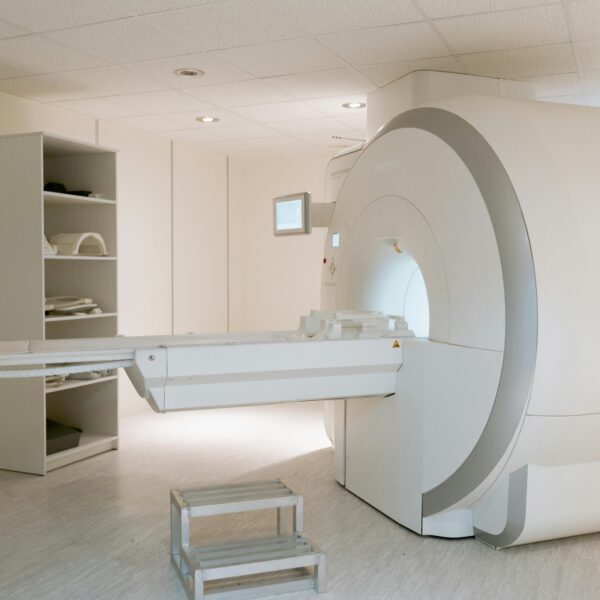Our social dictionary has grown immensely since the start of 2020. New words are added to the official English dictionary every year, but not every term that our collective society acknowledges will make it in. That being said, it does not make them any less of valid and well-understood terms.
We have taken some time to pull together 10 words that have been created or completely changed during COVID-19. Take a moment and see how many you recognize:
Doomscrolling
As a practice, doomscrolling or doomsurfing isn’t entirely new. The acknowledgement of the practice, though, is a relatively recent development. Doomscrolling is a term for the inability to stop reading, or scrolling through, the bad news that has been dominating the recent media. The Journal of Medical Internet Research, in a recent study, showed that excessive media consumption about COVID-19 is associated with increased anxiety.
This habit can be destructive to an individual at any time and is not confined to our current predicament. While not proven as a cause of anxiety, depression, or lowered mental health, it has been confirmed that excessive media consumption can fuel these feelings.
“My brother has spent the last few days just doomscrolling. I’m ready to shut off the wifi just to make it stop.”
COVID-15
A play off of the famed Freshman-15, the COVID-15 refers to the weight gain people have experienced during COVID and quarantine. While not a guaranteed average of weight gain across the board, the term became incredibly popular as quarantines and low national mental health made exercising and regular, steady diets difficult practices to maintain.
“I didn’t even change my diet, but the COVID-15 caught up with me anyway.”
Coronacoaster
A roller coaster can refer to a whirlwind of unpredictable changes and obstacles one might experience. A coronacoaster is a similar experience that many of us faced during the pandemic. While the strict definition is flexible and can refer to many experiences we’ve collectively had in the pandemic, it largely refers to the highs and lows we have faced with quarantine, specifically.
“I heard Jasmine has spent the week on a coronacoaster- she made 15 loaves of bread and then spent the next two days in bed.”
Cluttercore
In turn with cottagecore or fairycore, cluttercore is a very specific type of aesthetic based entirely on the feeling conveyed through decorations. Cluttercore looks to create the feeling of comfort within your own clutter. It emphasizes the idea of the ‘organized mess’ and encourages warmth and security. Sentimentality and enjoyment are major factors for decorating with this discipline.
“I thought she was exaggerating when she called it cluttercore, but it felt like home away from home.”
Quarantini
A quarantini is easily defined as any home-made alcoholic drink that is enjoyed within the house. This definition stretches a bit, including any kind of cocktail, even if it comes from a premade mix. It will also include drinking alone or with others, so long as it is done within the quarantine of the home.
“A pre-mixed pina colada is still a quarantini, right?”
Coronial Baby
Coronial babies are babies conceived during the time of the Coronavirus. While there was a belief that a baby boom could be coming from the pandemic, new numbers show this to be more of a baby bust! For a baby to be a coronial, they only need to be conceived during COVID times, not necessarily born during the pandemic, which we see coming closer to an end every day.
“The timing of a coronial baby is great- I’ll have gotten pregnant, given birth, and stopped breast feeding by the time we leave quarantine!”
Rona
Rona is shorthand slang for coronavirus. The term is meant to bring lightheartedness to the mention of the deadly disease, making it easier to discuss. This lightheartedness is not meant to disrespect all that has happened to those effected by the virus, but merely to create a path to humor or ease of communication through all the fear.
“She only coughed once but I knew she had the rona!”
Covidiot
A covidiot is someone who ignores and/or fights against health mandates that have been put out to keep people safe during COVID. This term can be used to describe anti-maskers, anti-vaxxers, people who wear a mask under their nose, and many more types of people who practice similar behaviors. Covidiot can also be used to describe people who hoard goods, such as toilet paper and hand sanitizer.
“I was trying to keep six feet between us but that covidiot kept moving closer.”
Zumping
Zumping is the combination of ‘zoom’ and ‘dumping’, and refers to a relationship breaking up over Zoom. Although Zoom is named as the host of these breakups, zumping can refer to any form of dumping over a video app.
“I can’t believe she zumped me on date night.”
Nomophobia
Nomophobia is shorthand for ‘No Mobile Phone Phobia‘, a fear of being unable to contact or connect with others through a mobile phone, either because they do not have a phone or have no signal. This term is considered to be a misnomer, as it displays as more of an anxiety disorder than a fear or phobia. During quarantine, cases of diagnosed nomophobia rose as people became more dependent on their phones for social contact.
“He takes his phone everywhere, even the bathroom! The nomophobia is strong.”
This is only a short look at some of the new terms that have come to light during the pandemic. What other words or phrases have dominated your day to day? Let us know in the comments below! As much as language has changed this last year, so has the medical world. If you are interested in hearing about some of the new opportunities that have opened up, check out our job board! If you don’t see a fitting job opportunity, submit your resume and we’ll connect you with a recruiter!










